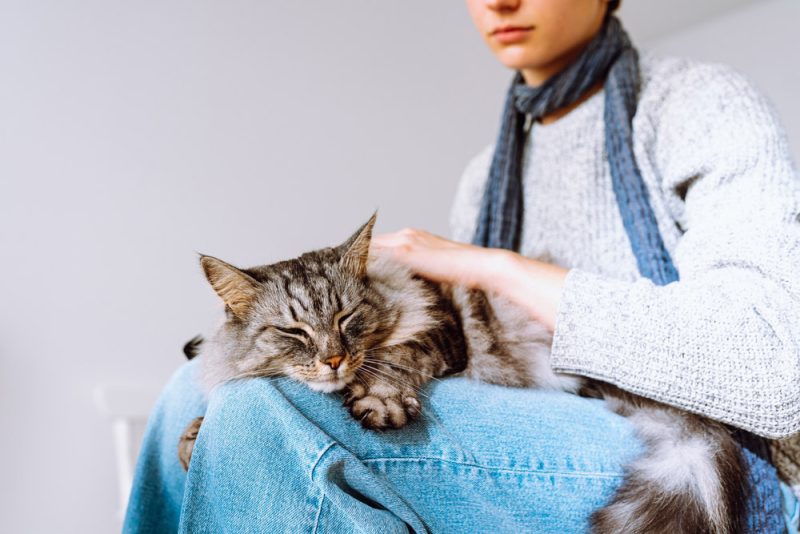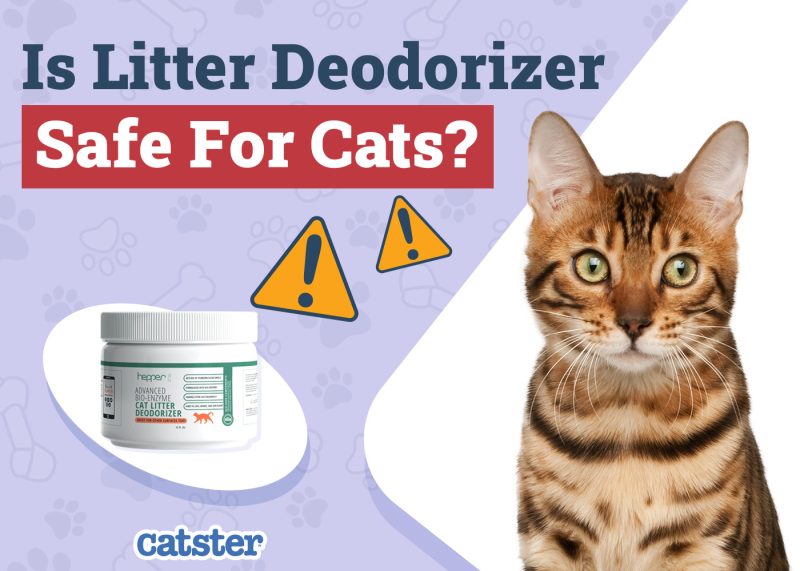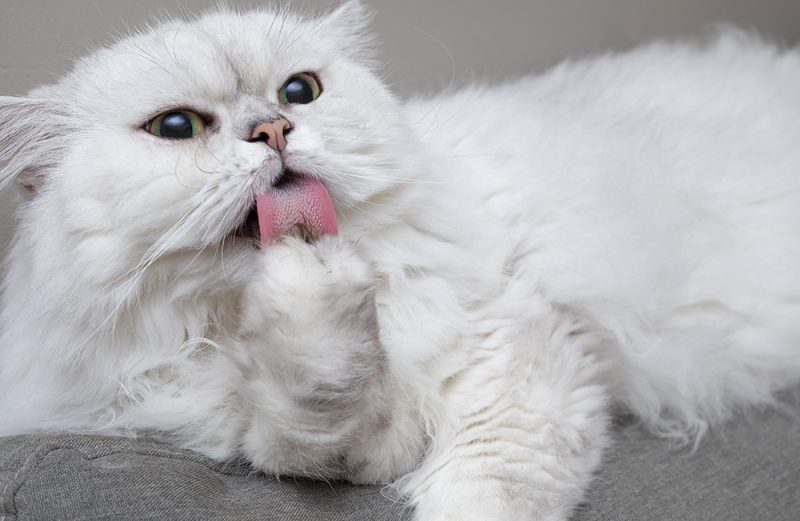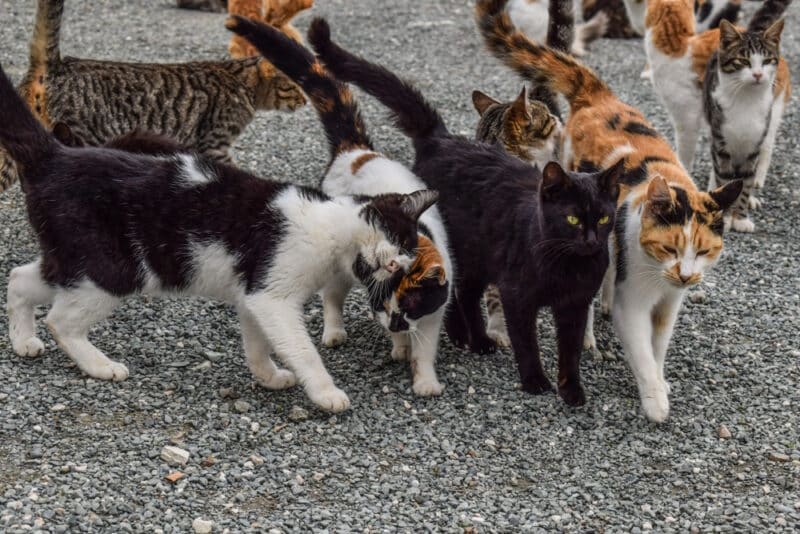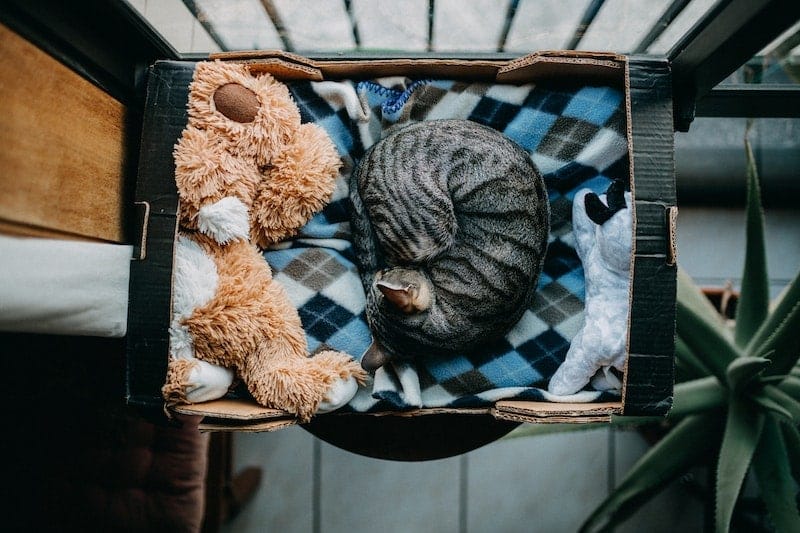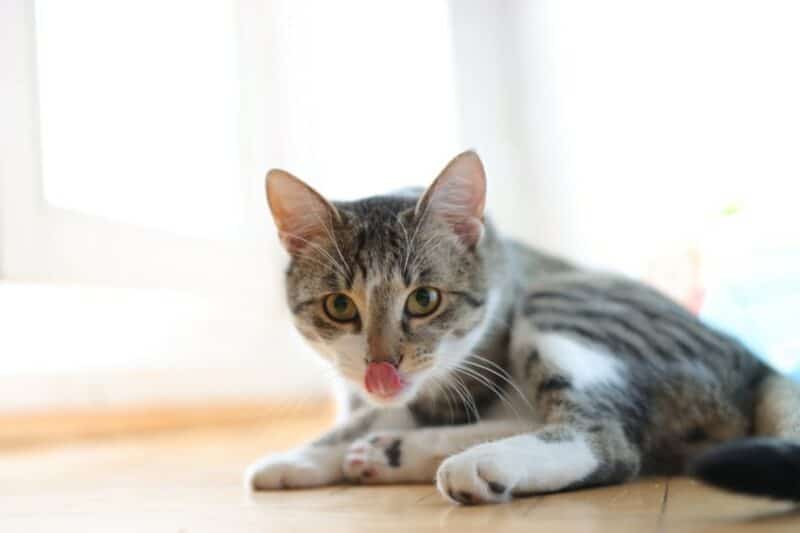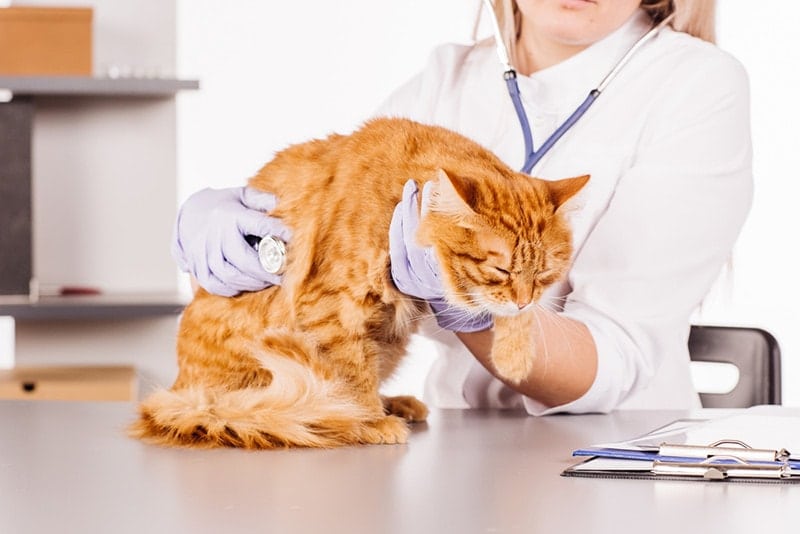October is National Animal Safety and Protection Month, a month dedicated to protecting animals and keeping them safe. This is a great time for pet owners to learn about common health concerns and risks that affect their pets.
Learn more about National Animal Safety and Protection Month and how you can celebrate.

History of National Animal Safety and Protection Month
National Animal Safety and Protection Month is an entire month dedicated to promoting safe practices for the care and handling of domestic pets and wild animals. It focuses on the role animals play in our everyday lives to encourage fair, kind, and respectful treatment.
The holiday was created by the PALS Foundation, an organization that was created to help people and animals coexist in ways that benefit both of them. PALS believes that all humans must understand why animals are so important to our existence.

National Animal Safety and Protection Month for Pets
While the holiday focuses on all animals, as pet owners, we can celebrate by learning more about our pets and taking a proactive approach to their health and wellness. Here are some tips to keep your pets safe and healthy:
- Stay current on vaccinations and checkups: Properly caring for your pet’s health means keeping up with yearly or twice-yearly checkups and vaccinations. This gives your vet an opportunity to examine your pet and spot any early warning signs of a health problem.
- Know the signs of an allergic reaction: Animals can suffer from allergic reactions just like humans. The signs of an allergic reaction include swelling, redness, itching, obsessive licking, vomiting, and difficulty breathing. If you suspect an allergic reaction, contact your local emergency vet.
- Avoid toxic foods: A lot of human foods are toxic to our dogs and cats, including onions, grapes, chocolate, and caffeine. It’s important to know what foods are toxic to your pets and the signs of toxicity are to prevent the severe signs and possible death.
- Avoid hazardous household chemicals: Plenty of household chemicals can be dangerous for pets, including detergents, bleach, glues, and auto supplies that can be harmful when inhaled, swallowed, or come in contact with the skin. Keep your pets away from chemicals while you’re using them, and make sure they’re stored in an area they can’t access.
- Remove toxic plants: There are a lot of popular houseplants that aren’t safe for your dog or cat, such as tulips, lilies, pothos, and aloe vera. These plants shouldn’t be kept in your home where your pets can access them.
- Spay or neuter your pets: Spaying or neutering your pets is a responsible choice to not only prevent unwanted litters but also curb problem behaviors like roaming and aggression. If you spay or neuter your pet at the appropriate age, it can reduce the risk of reproductive cancers, infections, and other conditions.
- Get a microchip: If your pet gets lost, a microchip can mean the difference between getting them back or not. Collars and ID tags can be removed or may fall off, but a microchip gives a vet or shelter your contact information to ensure your pet is returned. They’re also registered to you, so it’s more difficult for someone to steal your pet and pass them off as their own.
- Learn first aid and create an emergency plan: Caring for your pet at home can prevent minor injuries from becoming more severe. You can speak to your vet about basic first aid for animals and what to look out for. You should also create an evacuation plan for fires, floods, tornados, hurricanes, earthquakes, or other natural disasters to get all your pets out safely and as quickly as possible.
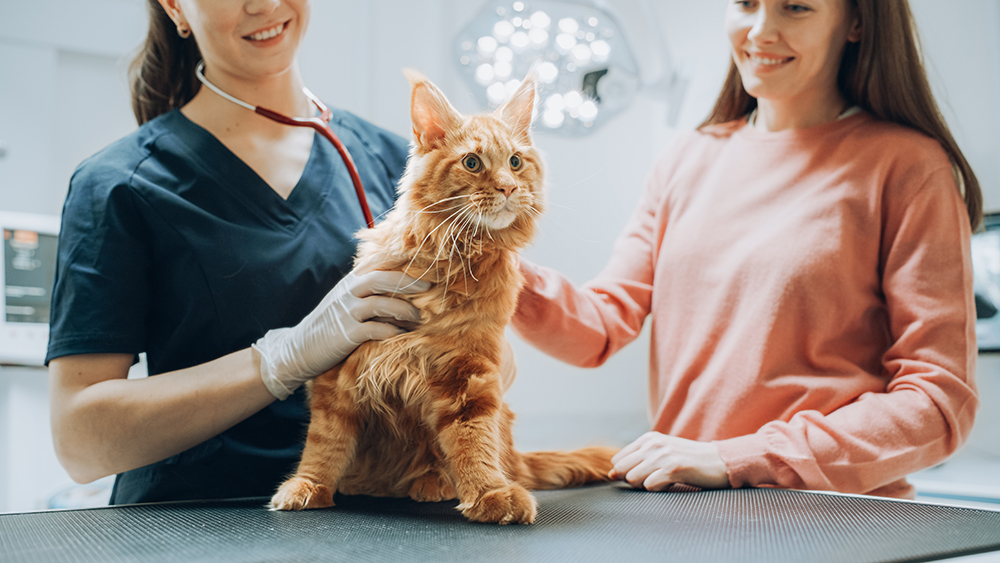

Conclusion
National Animal Safety and Protection Month only happens in October, but it’s important to have a proactive approach to your pet’s care, safety, and well-being all year long. These tips should help you care for your pet and keep them protected every day.
Featured Image Credit: larisa Stefanjuk, Shutterstock
